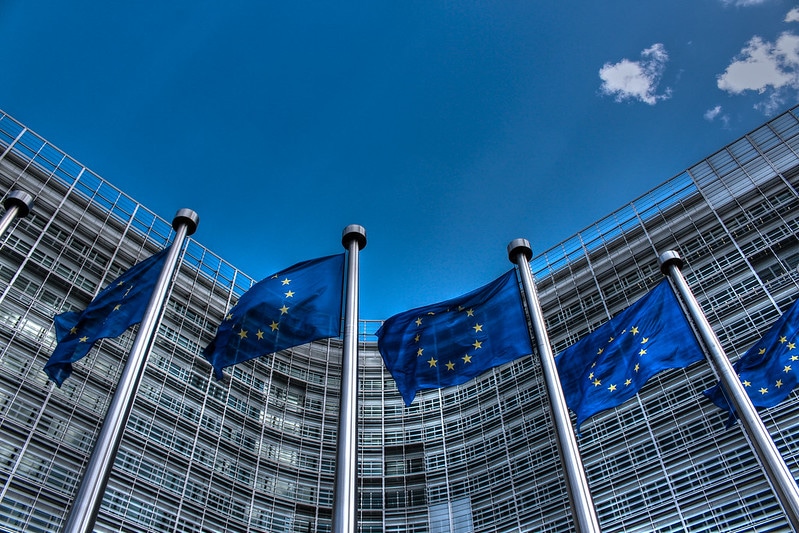As part of its Green Deal, the EU is looking to step up its efforts to cut water and air pollution from sectors like industry and agriculture. The overarching goal is to eliminate all harmful contamination by 2050, reducing pollution to non-damaging levels, according to Bloomberg.
—
What is Happening?
- The EU plans to use its COVID-19 recovery programme to steer the economy towards cleaner goods and services. It says that this will reduce disease-causing pollutants and biodiversity loss. The European Commission will release its proposals on Wednesday, May 12.
In a draft strategy, the commission said, “Now is the time to be ambitious, to deliver on people’s legitimate aspirations to have their health, environment and livelihoods protected- and to make peace with our planet.”
- Currently, 3% of environmental tax revenue in the EU comes from pollution levies. The EU Green Deal is looking to eliminate greenhouse gases in the bloc by 2050.
- Also as part of the deal, the EU aims to cut premature deaths from air pollution by more than 55% by 2030 and reduce by almost a third the number of people chronically disturbed by transport noise. It also wants to halve the use of chemical pesticides and the sale of antimicrobials for farmed animals and in aquaculture.
- Finally, it wants to reduce plastic in the sea by 50% and cut the amount of microplastics released by 30%, all by 2030.
The draft says, “While the lockdown measures to fight the COVID-19 pandemic have led to temporarily cleaner air, waters and reduced noise in many places, slowing down all economic activities is not the way the EU envisions its own and the world’s path towards zero pollution. Instead, the EU can sustain prosperity while transforming production and consumption modes and directing investments towards zero pollution.”
- The EU will also showcase and reward best performing cities and regions, while proposing rules to prevent pollution at source, including through taxation if necessary.
You might also like: Marine Microplastics Are Now Invading the Atmosphere, Study Finds
Here are some steps that the EU is planning to take to clean up its economy this decade:
- In 2022, the commission will propose that its quality standards be better aligned with the upcoming World Health Organization recommendations
- The EU will help place on the market alternative feed materials and innovative feed additives to promote sustainable livestock farming
- The commission may introduce new laws to cap ammonia emissions
- The commission will propose measures to phase out the most harmful chemicals, such as endocrine disruptors and persistent substances, especially in consumer products
Featured image by: Flickr

















